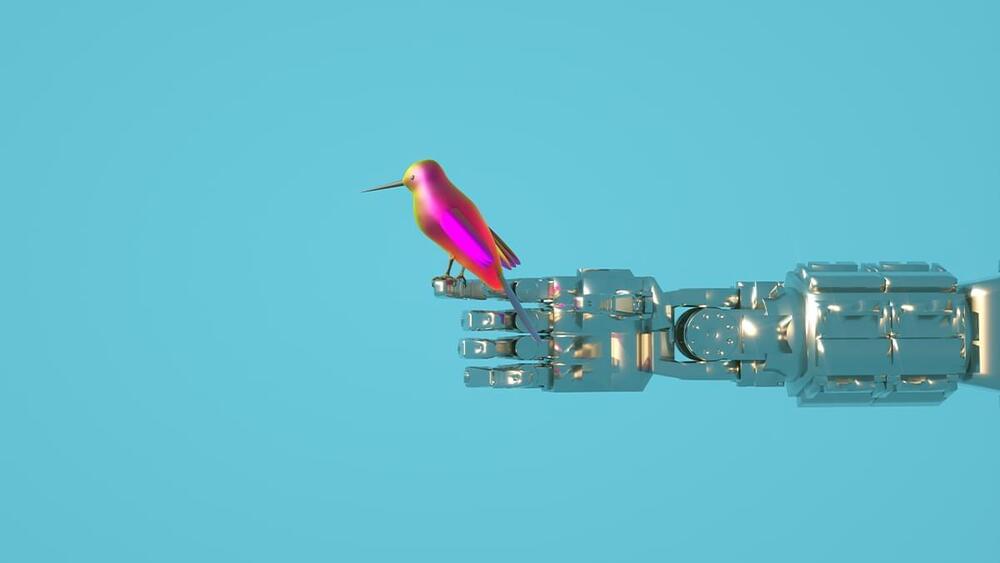Engineers at the University of Illinois Urbana-Champaign have developed a new test that can predict the durability of cement in seconds to minutes—rather than the hours it takes using current methods. The test measures the behavior of water droplets on cement surfaces using computer vision on a device that costs less than $200. The researchers said the new study could help the cement industry move toward rapid and automated quality control of their materials.
The results of the study, led by Illinois civil and environmental engineering professor Nishant Garg, are reported in the journal npj Materials Degradation. The paper is titled “Rapid prediction of cementitious initial sorptivity via surface wettability.”
“Concrete is one of the most consumed materials on our planet, second only to water,” Garg said. “Over time, the concrete used to build our infrastructure degrades over time via exposure to deicing salts; freeze and thaw cycles; and ingress of water—all of which can lead to corrosion of the rebar that is used to strengthen the structures. Ultimately, this leads to failure, sometimes catastrophically, as seen in the 2021 condominium collapse in Surfside, Florida, where 98 lives were lost.”








